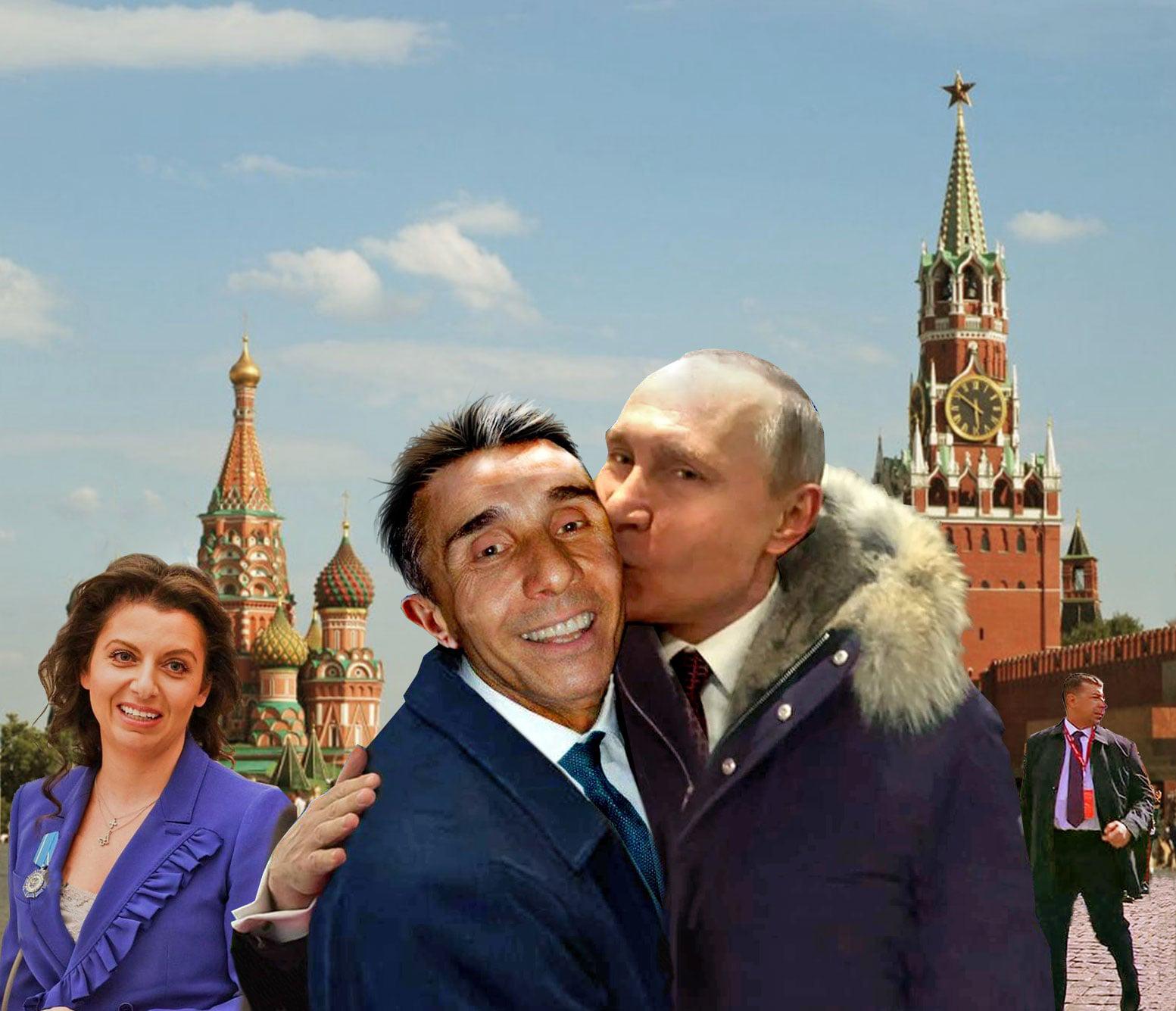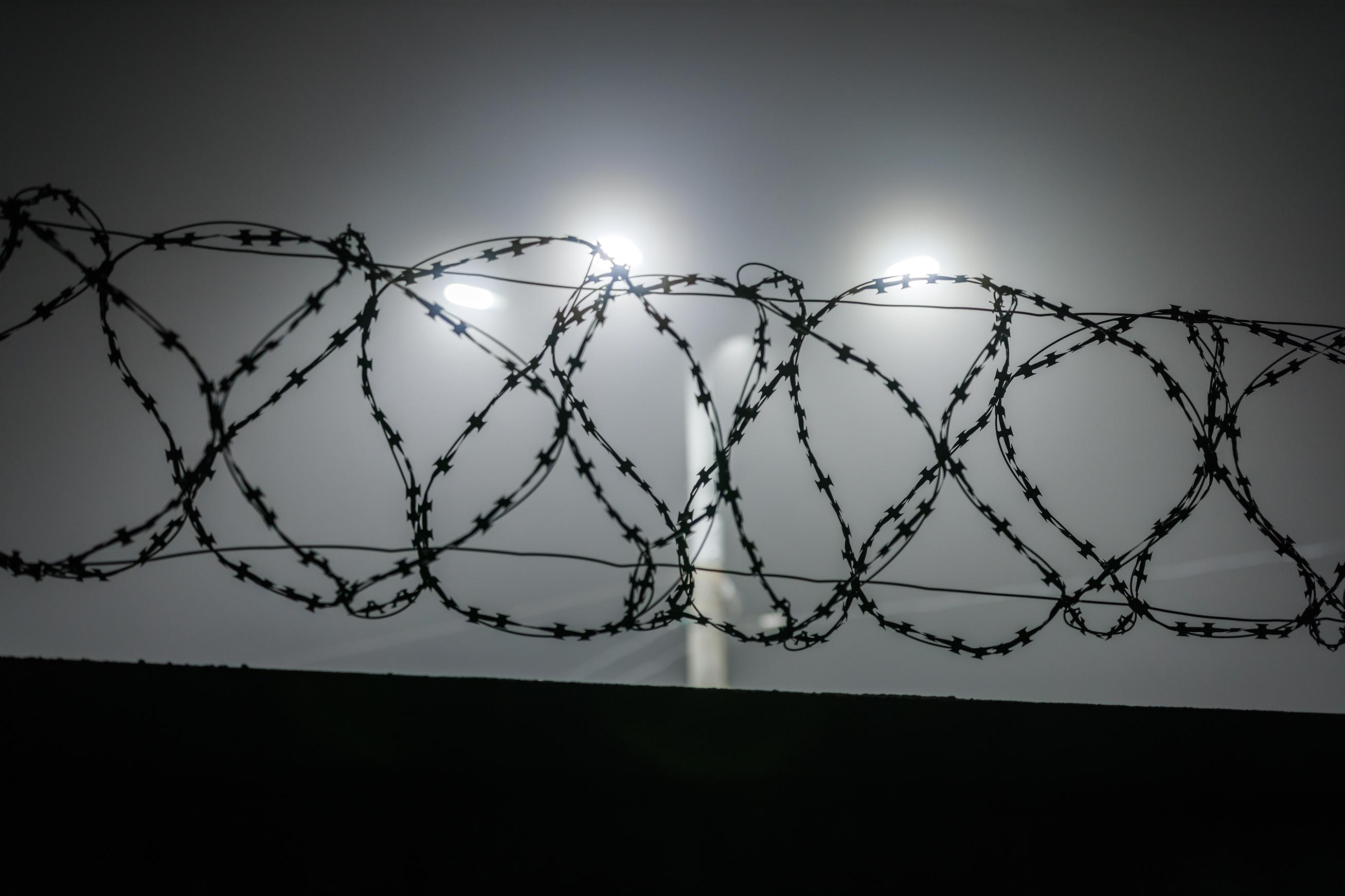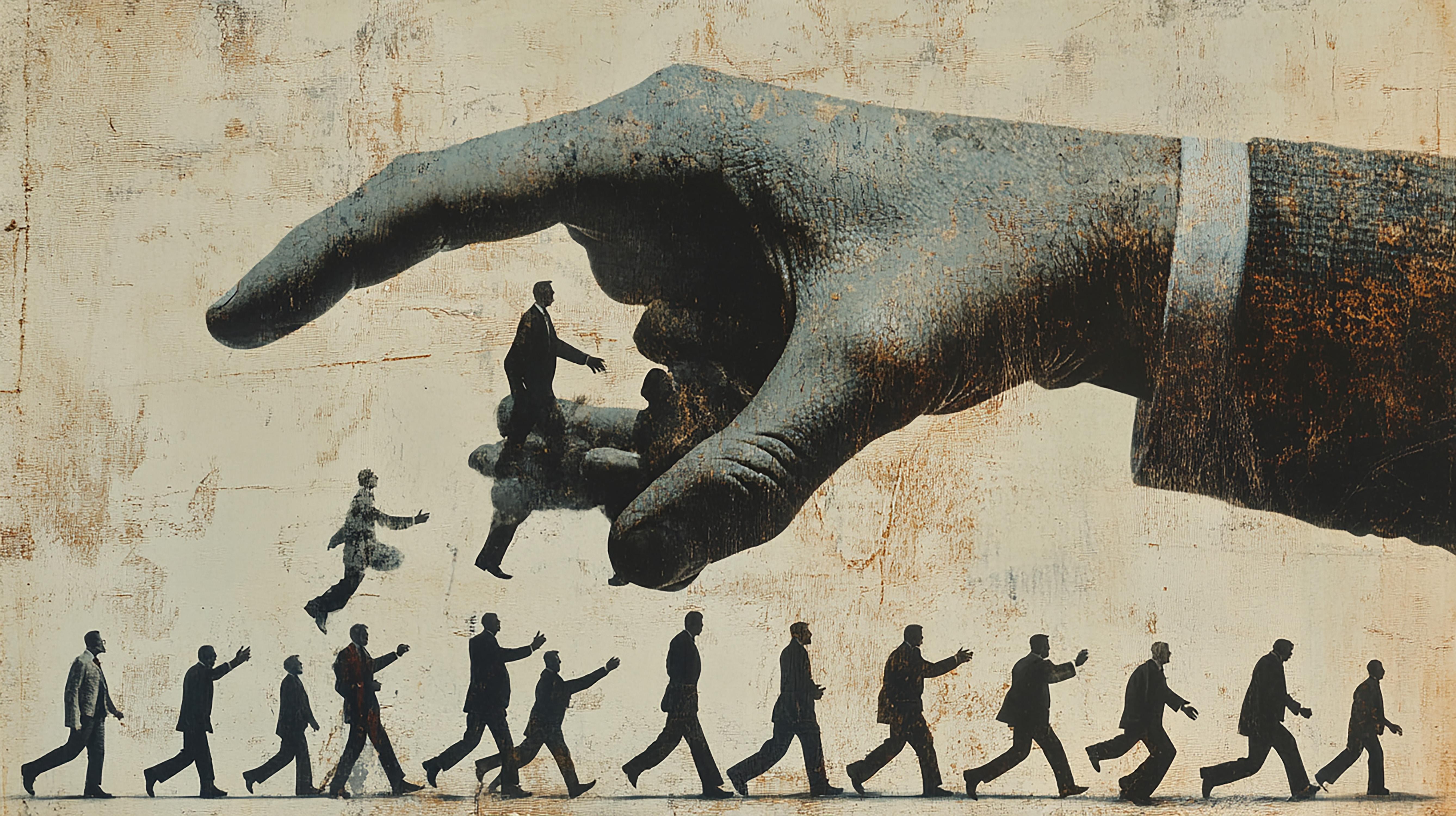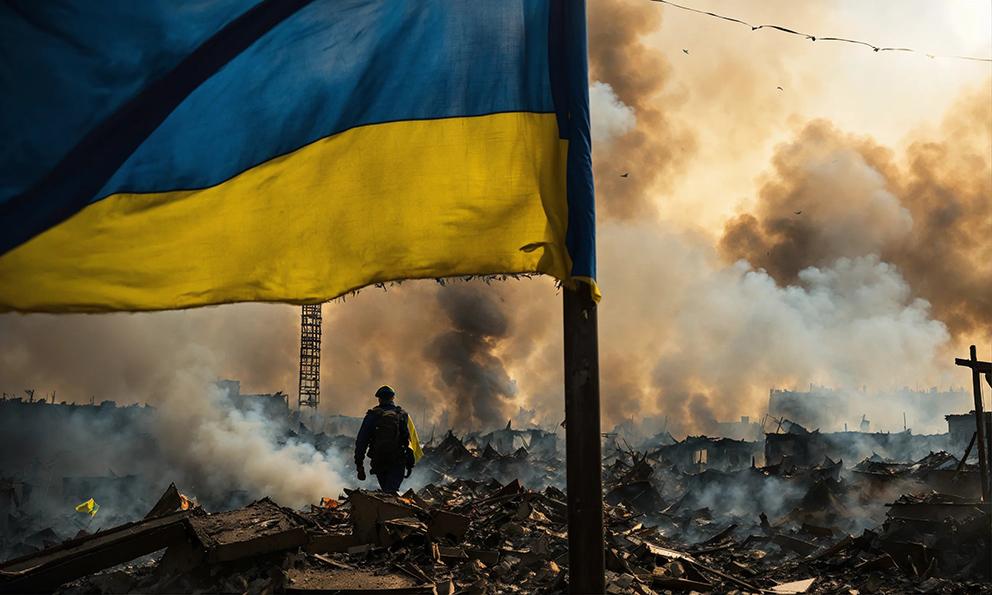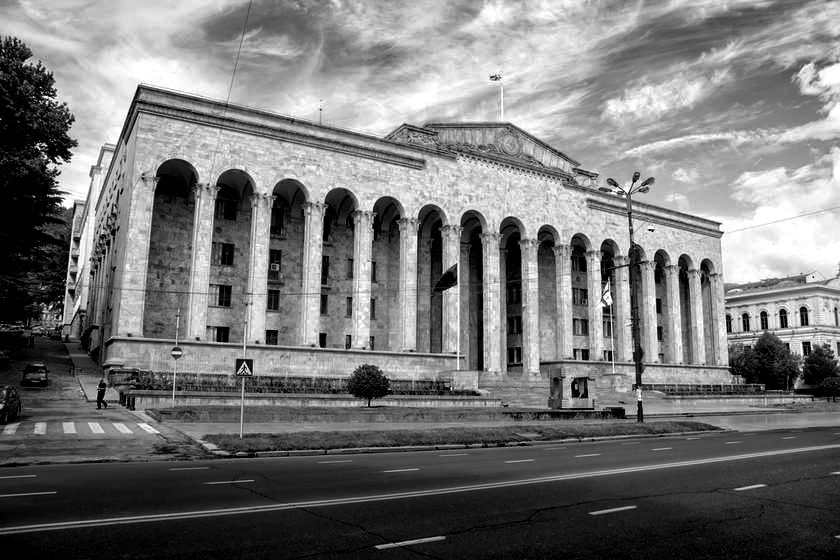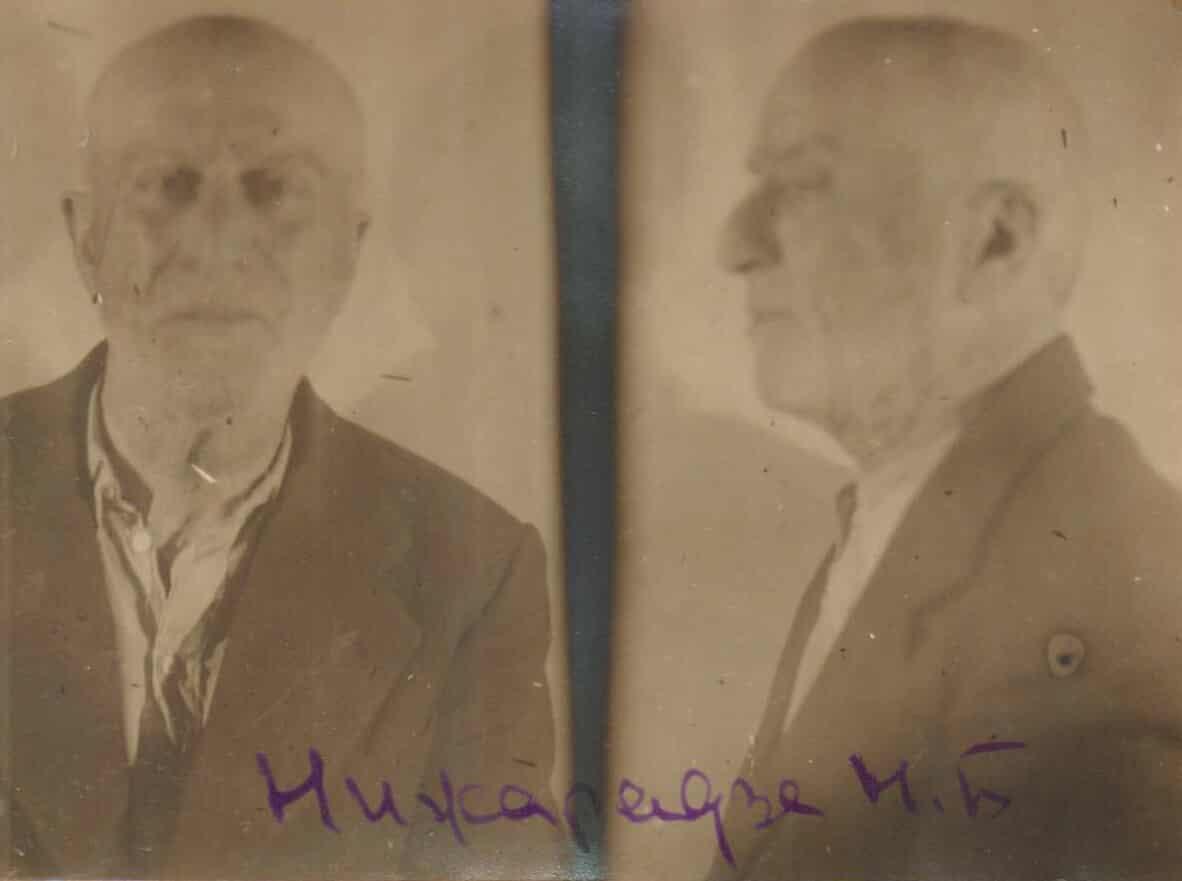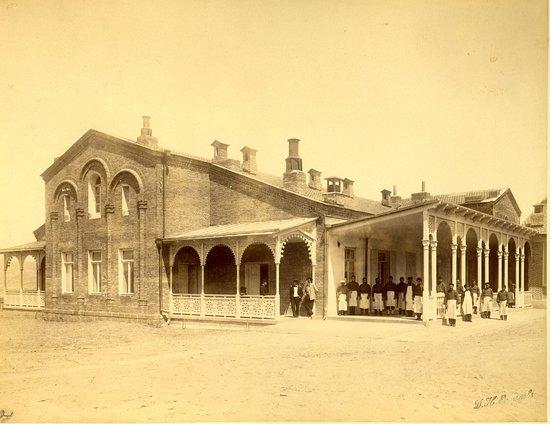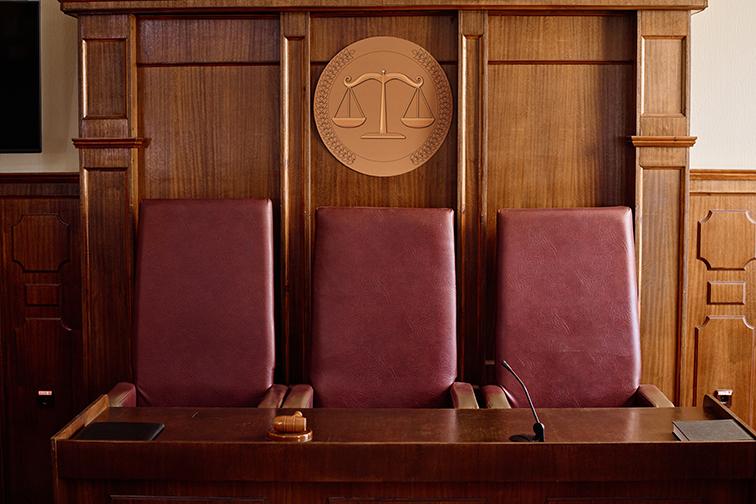Author : Jelger Groeneveld
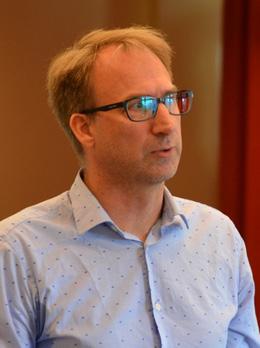
Last year, Georgian Dream vowed to make the Georgian political landscape ‘healthy’. The spirit of this vow was not to promote policies and programmes to improve the functioning of parties or their style of communication, nor suggesting more international assistance to achieve that. To the contrary in fact and instead explicitly suggesting a wide range of political parties should be removed from the political spectrum altogether. Speaking in terms of health: to cut away ‘cancer’. That is how most of the Georgian opposition has been painted by GD.
In other words, to be banned, not by surgical precision and prudence based on a real threat analysis, but by using a blunt axe without clearly defined criteria other than being former rulers and strong opposers to the incumbents with the common denominator of being in favour of western integration. Various Georgian Dream representatives defended the idea by saying that banning political parties is a rather common and accepted practice in Europe, implying this is how European democracies work. This way, they justified to their electorate that political cleansing as envisaged in their election campaign is a democratic thing to do.
Obviously, this was scrutinized domestically as well as abroad, including debunking the idea of an alleged common practice in established European democracies such as Germany, Netherlands, or the United Kingdom. Nevertheless, Georgian Dream went ahead by installing the commission led by Tea Tsulukiani, which serves to pave the way for removing the UNM and all its alleged satellite parties from the political spectrum by having them declared unconstitutional by the Constitutional Court. At least, that is the plan.
But how common is this practice in for example the Netherlands, a well-established multi-party democracy with a wide range of parties and a long tradition of changing coalition governments? And how does this legally work?
Various overviews in response to Georgian Dream’s casual remarks have shown that in the last 80 years only four parties have been banned in the Netherlands, which were all related to Nazism or neonazism. The Dutch collaborationist Nazi party, the NSB, was banned in the last year of World War II by the exiled government for obvious reasons, when the southern part of the Netherlands was liberated. Not long after, in the early 1950s, a (neo)nazi party founded by a former SS-colonel was banned.
In the late 70s and mid-80s, the period when the author grew up, a few far-right (neonazi) parties appeared, which triggered debate on the possibilities of banning them. Despite these parties operating in the electoral margins, to many people they hit a nerve of highly traumatic times. The legal framework was not fully in place to ban parties if desired. The Dutch People’s Union (Nederlandse Volks-Unie, NVU) was forbidden in 1978 through the law on association but could not be dissolved. It effectively still exists today, albeit without any actual political influence.
The legal constraints kickstarted debate on changes in the legislation. By the late-1980s the prohibition was inextricably linked to dissolution, but Parliament urged restraint in its use. Even though a ban was now possible if an organization’s activities or objectives were contrary to public order, the explanatory memorandum explicitly connected this to ‘racial discrimination and other prohibited discrimination’, including ‘incitement to hatred and expressions that constitute prohibited discrimination’. In the 1980s, the ghost of World War II still haunted Dutch society, with the war intrinsically associated with discrimination and racism.
After these changes, only one party has ever been banned and dissolved until today.
This, however, does not mean legislation is not updated with new needs in changing times. In 2019, D66 minister of Interior and Kingdom Relations, Kajsa Ollongren, presented a new bill on political parties, which was sent for consideration to Parliament in May 2025, after it went through a thorough cycle of public consultations and verification by the Council of State. The bill primarily focuses on strengthening the independent (legal) position of political parties and secondly on strengthening parliamentary democracy and the resilience of political parties. But it also contains a clause regarding party bans, narrowing down the criteria held so far.
According to the bill, a political party can be banned and dissolved by the Supreme Court at the request of the Attorney General, if it ‘poses an actual and serious threat to the fundamental principles of the democratic constitutional state’ by means of its objectives or activities. The bill defines these fundamental principles at minimum as upholding holding periodic, free elections with vote secrecy, democratic decision-making, fundamental rights, separation of powers, and an independent and impartial judiciary.
The focus on fundamental principles of the democratic constitutional state in relation to a party ban is intended to address the democratic paradox: to prevent political parties from undermining the democratic constitutional state by abusing the democratic process. Within this framework, the Supreme Court must also assess whether political parties actually pose a threat to the democratic rule of law, including taking into consideration the actual (potential) degree of influence exerted by the political party. This is to ensure that a ban is only applied when really necessary in proportion to its actual threat.
The latter is an important factor in the Netherlands, which has a fully representative electoral system without a threshold for its 150-seat lower house. Multi-party coalition governments are the standard, which means the actual influence of any single party is limited. Parties with anti-democratic tendencies can be elected relatively easily, but it will be much more difficult for such a party to exert real influence. The Dutch political system with a low bar on political representation and a bicameral Parliament, enshrined in a difficult to change constitution, is its own safeguard against political parties independently implementing anti-democratic changes.
This is entirely different in Georgia. The previous electoral system facilitated the long-term concentration of power in the hands of a single political party, exerting and expanding control over every branch of government. In the process, it was dissolving the separation of powers. Specifically under attack was the judicial branch, which decides over the legal fate of political parties. The legislative branch was also not left untouched, and is now controlled by a single party that can singlehandedly adopt, in tango with the executive branch, legislation that is designed to undermine the democratic constitutional state.
This is topped up with institutional control over election authorities, putting a pressure on free and fair elections that is required to guarantee a hold on power. The Georgian situation, the concentration of political, judicial, and institutional powers, without checks and balances, is exactly what the Dutch legal framework is prevents. It is the unfortunate democratic paradox: a single party can undermine the democratic constitutional state by abusing the democratic process.
To conclude, banning political parties in the Netherlands has been and remains to this day a subject covered with much restraint and prudence, even considering the growth of the populist far-right since the turn of the century, with its discriminatory or anti-democratic rhetoric.
Party bans are not casually debated in order to silence any so-called undesired opposition or dissent and certainly not as an instrument to prevent competing parties from obtaining power. If anything, it could be called a taboo. A party ban is a ‘last resort’ to protect the democratic order and should therefore not be treated lightly and certainly not applied indiscriminately to a swath of parties at once.
In the Netherlands banning political parties is highly associated with dictatorships and autocracies, and to many it is considered a sign of weakness if ideas and opinions are not fought by arguments but cancelled by legal procedures.
